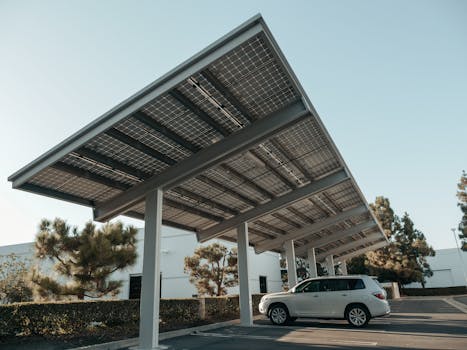
Smart Cities: Urban Trends for 2025
Smart Cities: Urban Trends for 2025 are revolutionizing the way we live, work, and interact with our surroundings. As the world becomes increasingly urbanized, cities are adapting to become more efficient, sustainable, and livable. In this article, we will explore the latest urban trends for 2025, focusing on smart cities, technology, and sustainability.
Introduction to Smart Cities
A smart city is an urban area that uses technology and data to improve the quality of life for its citizens. This can include everything from energy-efficient buildings to intelligent transportation systems. Smart cities aim to create a more sustainable, efficient, and connected environment, making it an attractive place to live, work, and visit.
Key Features of Smart Cities
Some of the key features of smart cities include:
- Renewable energy sources
- Energy-efficient buildings
- Intelligent transportation systems
- Smart grids
- Waste management systems
- Public Wi-Fi
- Smart homes
- Electric vehicles
Benefits of Smart Cities
The benefits of smart cities are numerous, including:
- Improved quality of life
- Increased efficiency
- Reduced energy consumption
- Lower greenhouse gas emissions
- Enhanced public safety
- Improved transportation systems
- Increased economic growth
Urban Trends for 2025
Some of the urban trends to watch out for in 2025 include:
- Increased use of artificial intelligence and machine learning
- More emphasis on sustainable and green infrastructure
- Growing demand for electric and self-driving vehicles
- Expansion of smart home technology
- Increased focus on cybersecurity and data protection
- More investment in renewable energy sources
- Growing importance of public-private partnerships
Challenges and Opportunities
While smart cities offer many benefits, there are also challenges and opportunities to consider:
- High upfront costs
- Need for skilled workforce
- Cybersecurity risks
- Data privacy concerns
- Equity and access issues
- Opportunities for innovation and entrepreneurship
- Potential for increased efficiency and productivity
Conclusion
In conclusion, smart cities are the future of urban living. By incorporating technology, sustainability, and innovation, cities can become more efficient, eco-friendly, and livable. As we look to 2025, it’s essential to stay ahead of the curve and adapt to the latest urban trends. Whether you’re a citizen, business owner, or city planner, understanding the benefits and challenges of smart cities can help you make informed decisions and create a better future for all.





